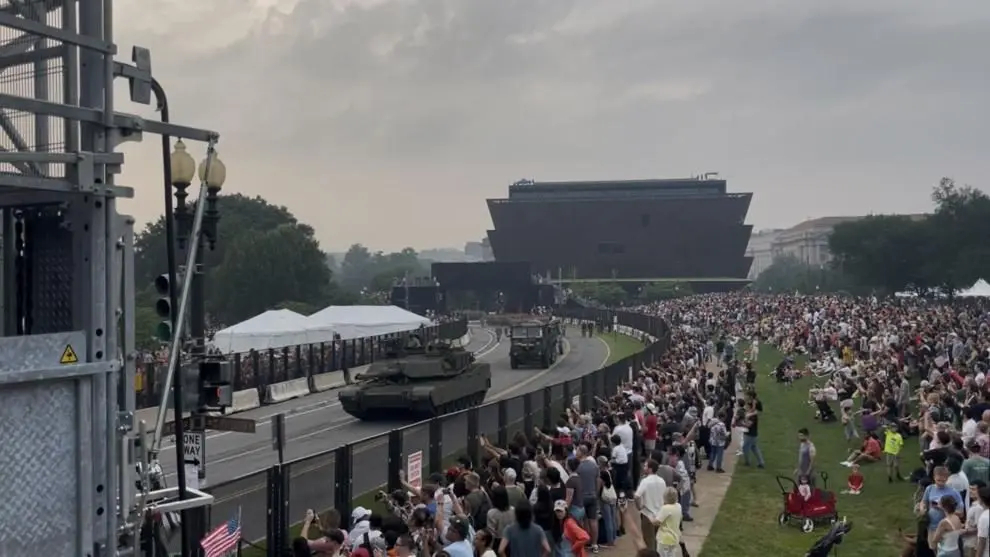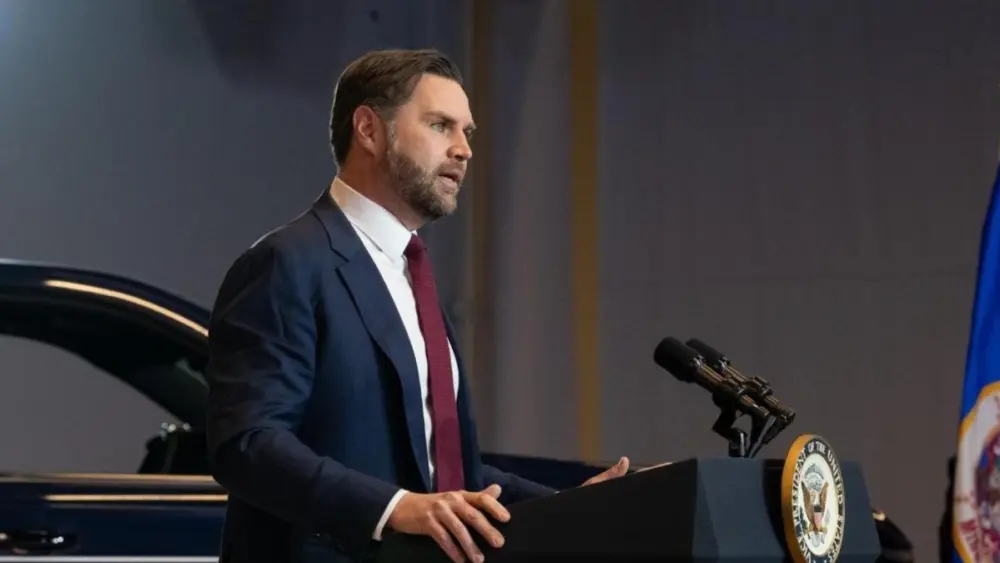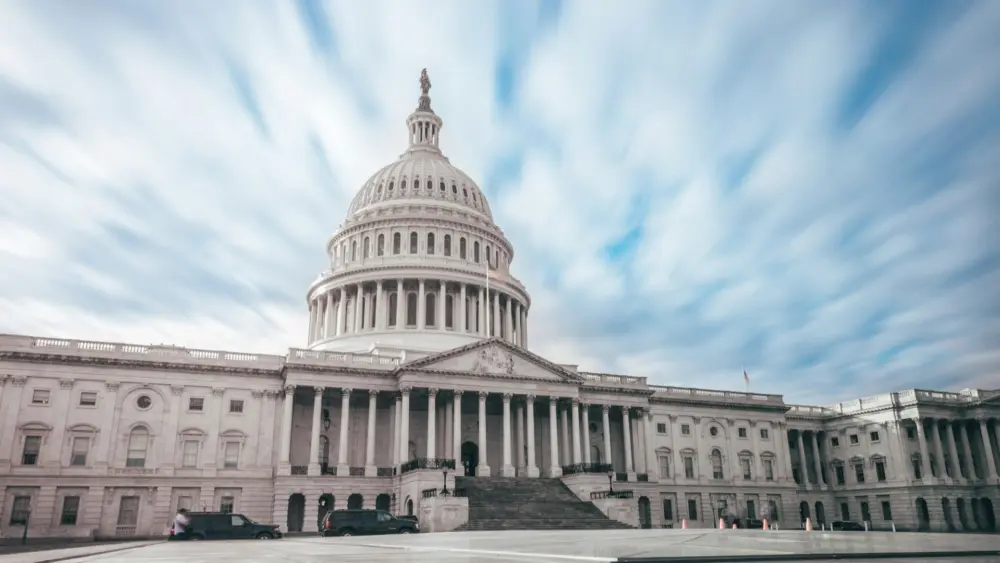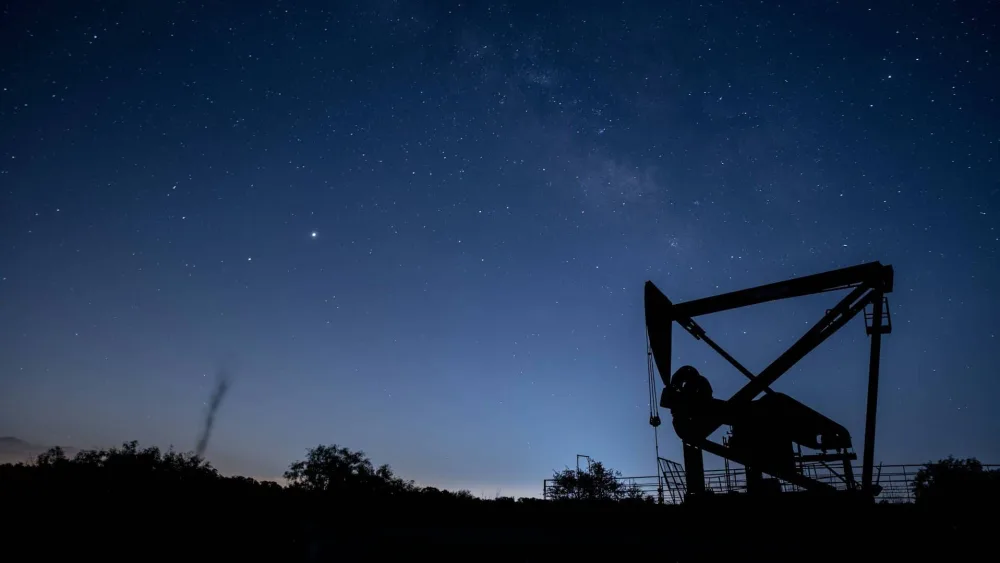WASHINGTON, D.C. – After the U.S. Army celebrated its 250th birthday on June 14, the Army Chaplain Corps celebrated the same milestone on July 29.
On June 14, 1775, the Continental Congress established the first army to defend the 13 colonies from the British Army in the American Revolutionary War. General George Washington was selected as its first commander in chief five days later.
At Washington’s request, the Continental Congress established the Army Chaplain Corps on July 29, 1775, authorizing one chaplain for each regular regiment; many militia regiments also had chaplains.
“The members of today’s Army Chaplain Corps are sustaining and enriching a sacred legacy, which our predecessors began building even before our nation was founded in 1776,” Army Chaplain (Maj. Gen.) William Green Jr., the 26th Army chief of chaplains, said in a statement. “Gen. George Washington requested that chaplains be added to the Army to meet soldiers’ religious and spiritual needs, and to support good morals and morale.”
“Our U.S. Army Chaplain Corps is the most multifaceted and capable chaplaincy in history, and we will remain so, to support our Army’s preparations to win during multidomain and large-scale combat operations in the years ahead. Our corps is a unique branch of the total Army that remains a necessary, critical contributor to our nation’s success on the battlefields of the future, just as it was on the battlefields during our nation’s war for independence.”
Today, the Army Chaplain Corps is just as important as it was 250 years ago, he argues. There are currently more than 3,000 chaplains, nearly 3,000 religious affairs specialists, more than 500 chaplain candidates and more than 50 directors of religious education serving in the Army, Army Reserve and Army National Guard, the Army says.
In 1917, the U.S. Army Chaplain School was created to train chaplains to serve troops preparing to fight in World War I. The Chaplain Center, school and museum are located at Fort Jackson, South Carolina.
The Chaplain Corps “provides religious support and advises on matters of spirituality and religion to build strong, ready teams to deploy, fight, and win our Nation’s wars as a unique and necessary branch of the Total Army that is fully engaged in Joint and multidomain operations in war and peace,” it says.
Chaplains serve in every type of unit, provide marriage, family and grief counseling, serve at medical and correctional facilities as well as combat hospitals. They also serve as instructors at service schools providing a range of training. Chaplains are multifaith, including ministers, priests, imams, rabbis, among others.
Chaplains are also tasked with advising commanders that they “ensure the ‘free exercise’ rights for all Soldiers are upheld – including those who hold no faith.”
The Chaplain Corps’ 2030 goal is to “build Army spiritual readiness by investing in People, connecting them in spirit, and cultivating community across the full spectrum of conflict including Joint and multidomain operations. The Chaplain Corps cares for the soul of the Army in order to fight and win our Nation’s wars. The Chaplain Corps will do this by being a world-class, fully integrated network of mutually supportive Army religious support professionals, who are known for their integral and critical contributions to enhancing the readiness of Soldiers of all ranks.”
To become an Army chaplain, a soldier must be a U.S. citizen by the time he or she is commissioned as an officer, be age 42 or younger by the time of commissioning, have completed basic theological education for a denomination or faith tradition, usually a Master of Divinity degree, and for active duty, have also completed at least two years of post-theological education professional experiences in a denomination or faith tradition, the Army explains.
Ministry students who want to become an Army Chaplain may also apply for the Chaplain Candidate Program and receive up to 100% of tuition costs.
Candidates are required to pass a Chaplain Basic Officer Leader Course, meet Army height and weight standards and pass the Army’s fitness test.
Chaplains “are not issued weapons and are not allowed to engage in combat. During times of combat, they are protected by Religious Affairs Specialists,” the Army says.





